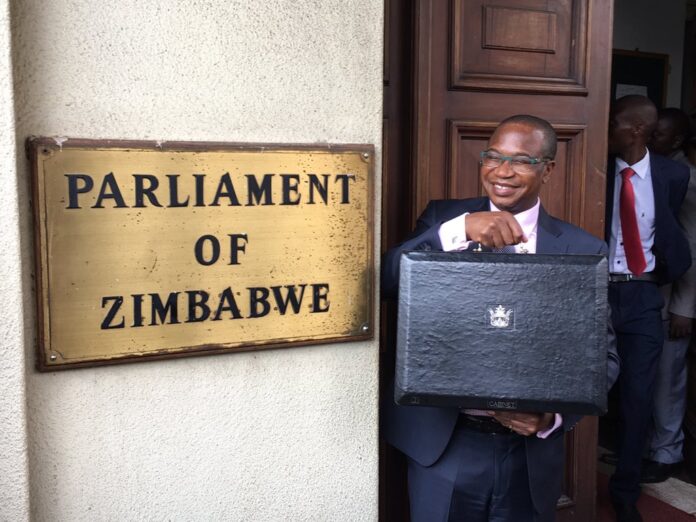HARARE – Finance, Economic Development, and Investment Promotion Minister, Mthuli Ncube, has publicly condemned businesses for what he perceives as the misuse of the Beverages Sugar Content Tax, amidst growing criticism over the government’s taxation policies.
Expressing his dismay, Minister Ncube highlighted the recent surge in retail prices of soft drinks, alcoholic beverages, and diluted juices, attributing the increases to what he describes as the misinterpretation and exploitation of the sugar tax by certain businesses. He clarified that the tax was intended to target added sugar in specified beverages to promote responsible consumption and address health concerns, not to penalize ordinary sugar consumption.
Minister Ncube stated, “Such behavior by the responsible manufacturers, wholesalers, and retailers is a clear demonstration of incorrect interpretation and, in some cases, profiteering.” He emphasized the government’s commitment to utilizing tax revenue for cancer therapy and equipment procurement, adding, “Treasury will soon be commissioning the machines purchased therefrom, and subsequent procurements will be advised accordingly.”
However, critics argue that the government’s tax system, including the controversial sugar tax, is excessively complex and burdensome, leading to unintended consequences such as inflated retail prices and consumer frustration. Many view the government’s response as hypocritical, as it deflects blame onto businesses while ignoring the flaws in its own taxation policies.
In response to criticism, Minister Ncube reiterated, “The Beverages Sugar Content Tax has been misconstrued as a levy on sugar, when it is applied differently. The tax is, rather, applied on the sugar content in beverages specified in current legislation.” He further emphasized the government’s commitment to reducing sugar consumption, stating, “It is scientifically proven that excessive consumption of added sugar in beverages is linked to increased risk of non-communicable diseases.”
Critics have raised concerns about the lack of consultation and collaboration with stakeholders in the development of tax policies. Minister Ncube acknowledged the importance of stakeholder engagement, stating, “Government will continue to consult, as wide as possible, with relevant stakeholders, with a view to ensure enactment of evidence-based policies.”
As the government faces mounting pressure to address the shortcomings of its taxation system and restore public confidence, Minister Ncube reaffirmed the government’s commitment to implementing measures aligned with the National Development Strategy (NDS1). However, achieving meaningful progress requires more than just rhetoric – it demands genuine collaboration, transparency, and responsiveness to the needs and concerns of all stakeholders involved.












